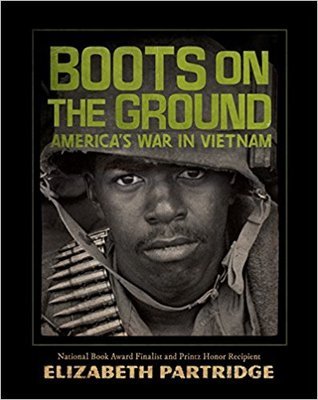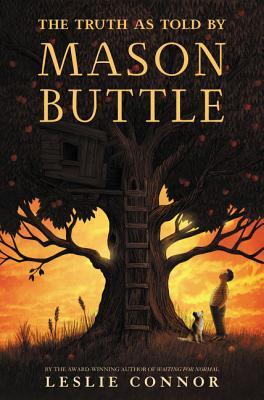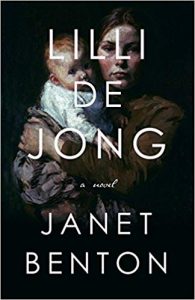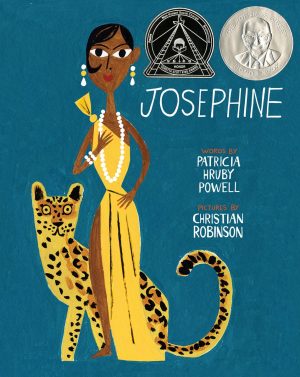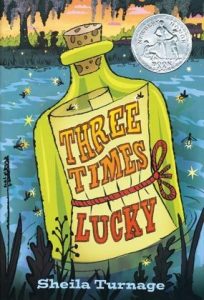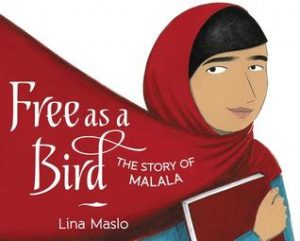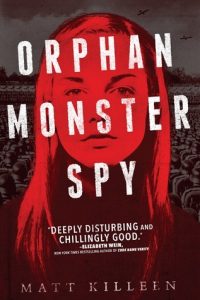“Pride” (Balzer & Bray 2018) by Ibi Zoboi is a remake of “Pride and Prejudice.” If you’ve read  Jane Austen’s masterpiece, this is, in part, a fun puzzle. How will Zoboi—a National Book Award Finalist of 2018 for her work “American Street”—translate 19th Century white mores to the hood? And who is who?
Jane Austen’s masterpiece, this is, in part, a fun puzzle. How will Zoboi—a National Book Award Finalist of 2018 for her work “American Street”—translate 19th Century white mores to the hood? And who is who?
Austen’s heroine Elizabeth Bennet becomes Zuri Benitez, one of the five Benitez sisters whose parents are Haitian and Domincan-American. So we get Haitian santoria culture as well as Hispanic flavors and foods. Mrs. Benitez isn’t as ditzy as Mrs. Bennet, although she does love the culture of gossip and matchmaking for her daughters. She has charisma that Mrs. Bennet lacks, and throws block parties in Bushwick that are renowned in their section of fast-gentrifying Brooklyn.
So not only does Zuri feel pride in her culture and her Bushwick neighborhood we have the theme of being driven out of one’s neighborhood by gentrification—due to soaring real estate costs. The rich African-American Darcy family moves in across the street to a luxuriously renovated mansion helping to drive up the price of property.
Zuri detests Darius Darcy for this as well as for his snobbery. Darius’s older brother Ainsley (yep, you got it, Misters Darcy and Bingley are brothers in Zoboi’s version) falls for Janai Benitez, Zuri’s older sweet and lovely sister.
Kayla and Layla Benitez are the boy crazy younger twins whose gossipy prattle includes speculation of who is “digging pockets” or gold-digging. Darius overhears, misunderstands, and alerts Ainsley who backs off from poor heart-broken Janae.
Mr. Benitez is less long-suffering and more heroic than Mr. Bennet, in raising his five daughters. And yep, there’s a Colin, but nowhere near as colorful as the despicable Mr. Collins. He’s present nevertheless.
What about the scandal? And the villain? Warren is a poor smart black kid from the hood who won a scholarship to attend Darius’ spiffy Manhattan private school. Warren speaks Zuri’s language, has the right swag, likes the right music, and shares her “ghetto” experience. So she falls for him and despises Darius for not backing up Warren—until she finds Warren compromising the reputation of her thirteen-year-old sister Kayla at a party.
It all comes clear for Zuri with the help of Darius Darcy. We we cheer for her and her aspiration to attend the traditional black Howard University outside of Washington DC.
This is such a fun and informative read! Rural and white readers can learn a lot about urban African American culture. I’d have called “Pride” a resurrection if I thought that “Pride and Prejudice” were dead. But for some young readers “Pride” might indeed be a resurrection.
Patricia Hruby Powell is the author of the award winning books: Struttin’ With Some Barbeuce; Josephine; and Loving vs Virginia. She teaches a community class in writing at Parkland College. talesforallages.com
